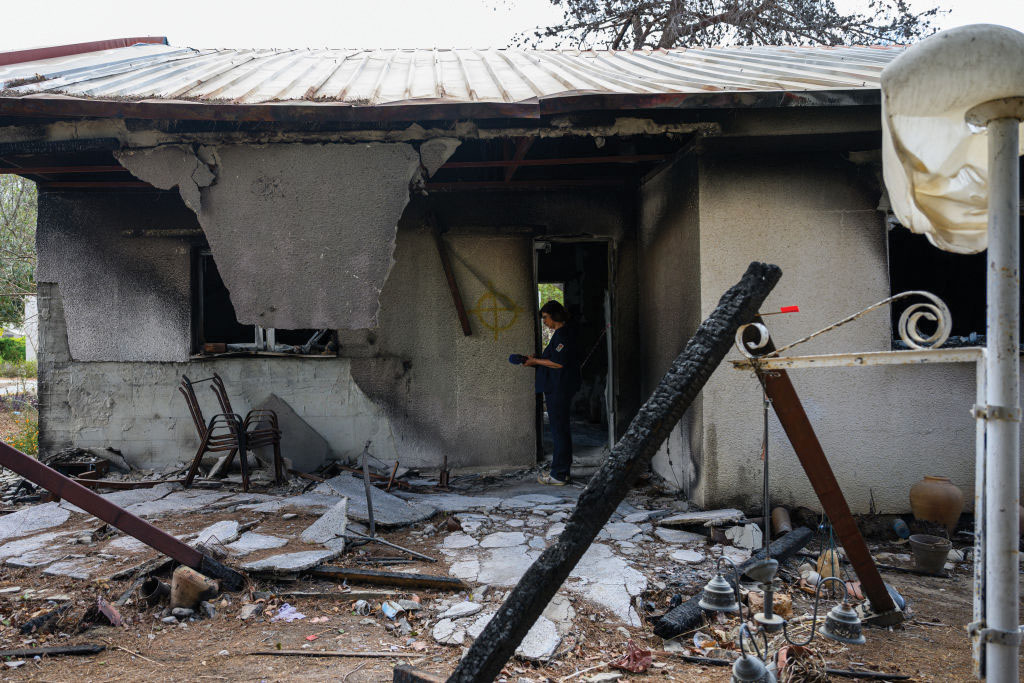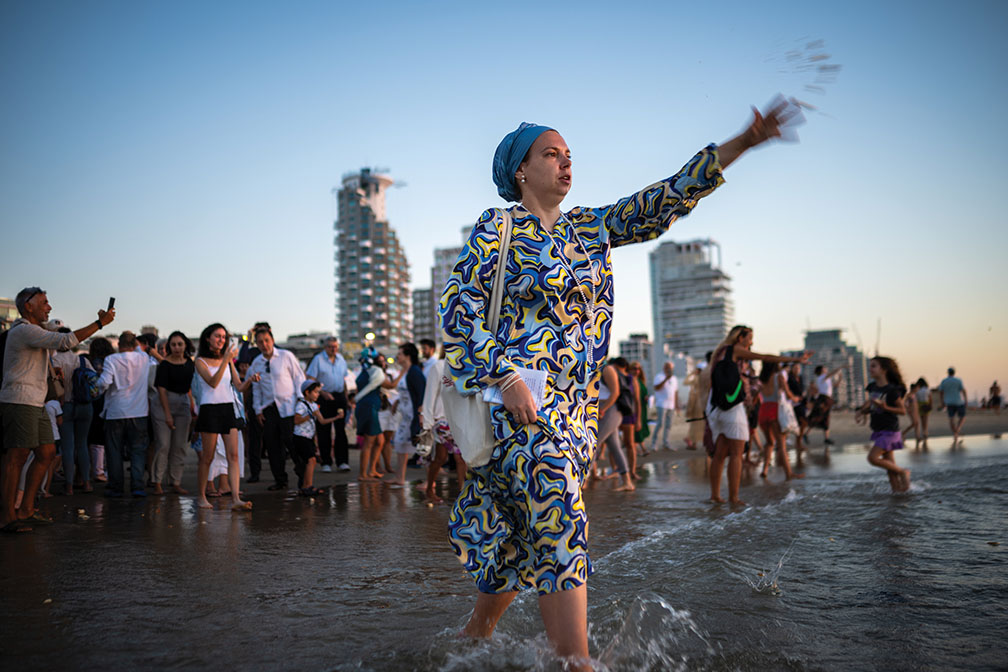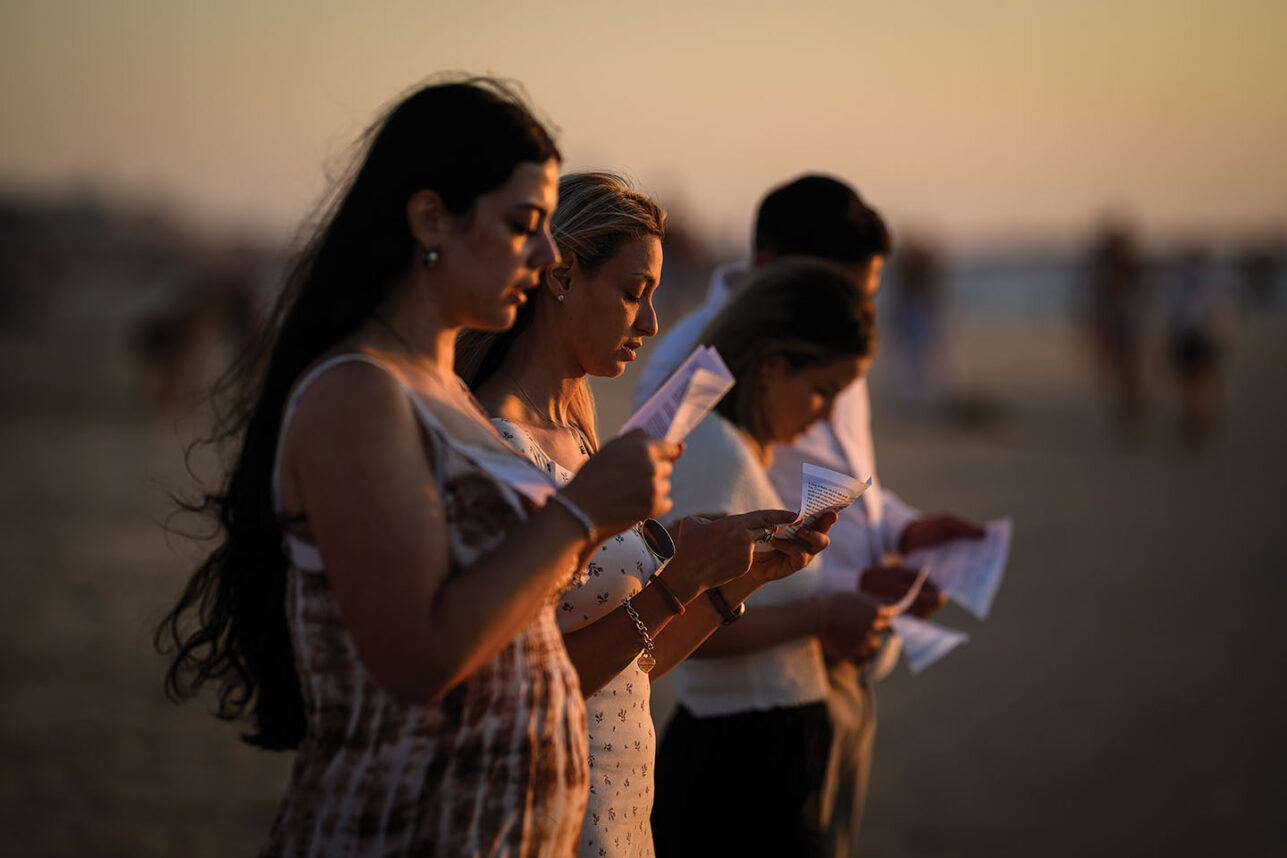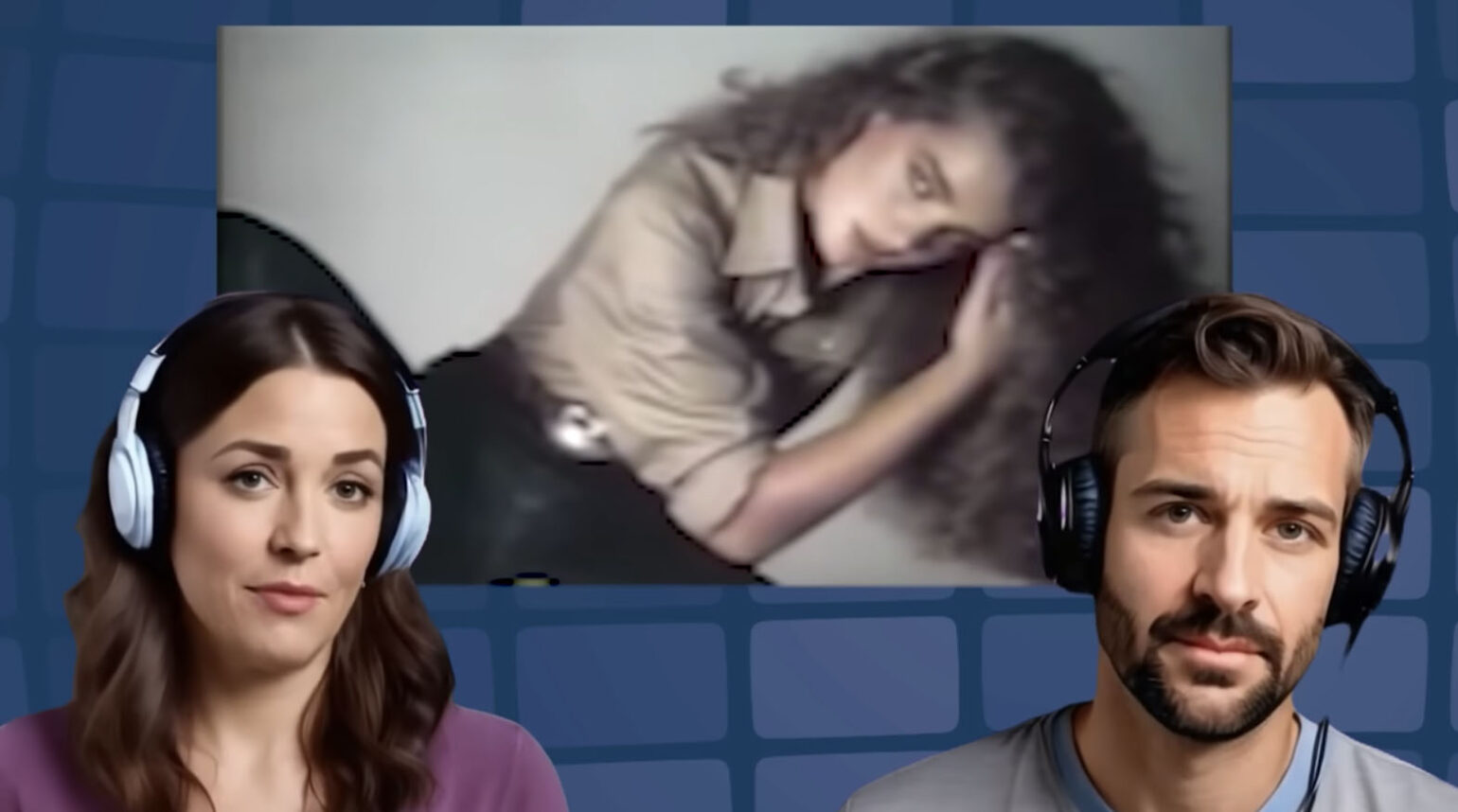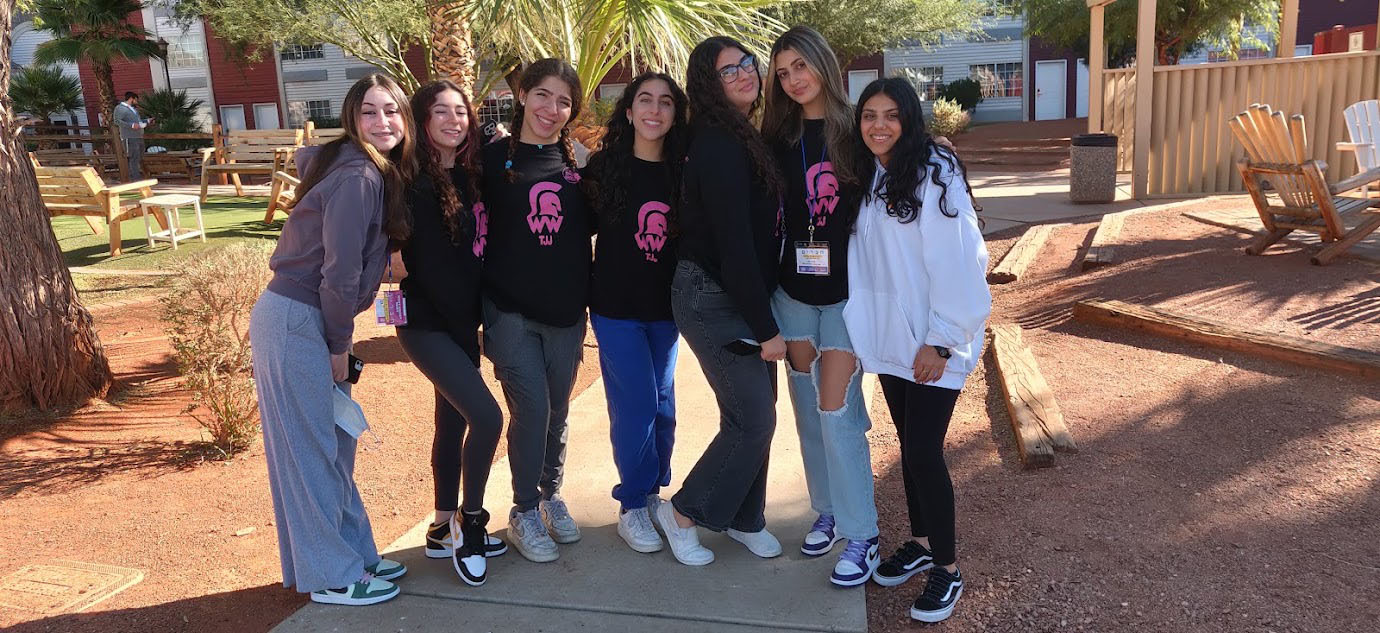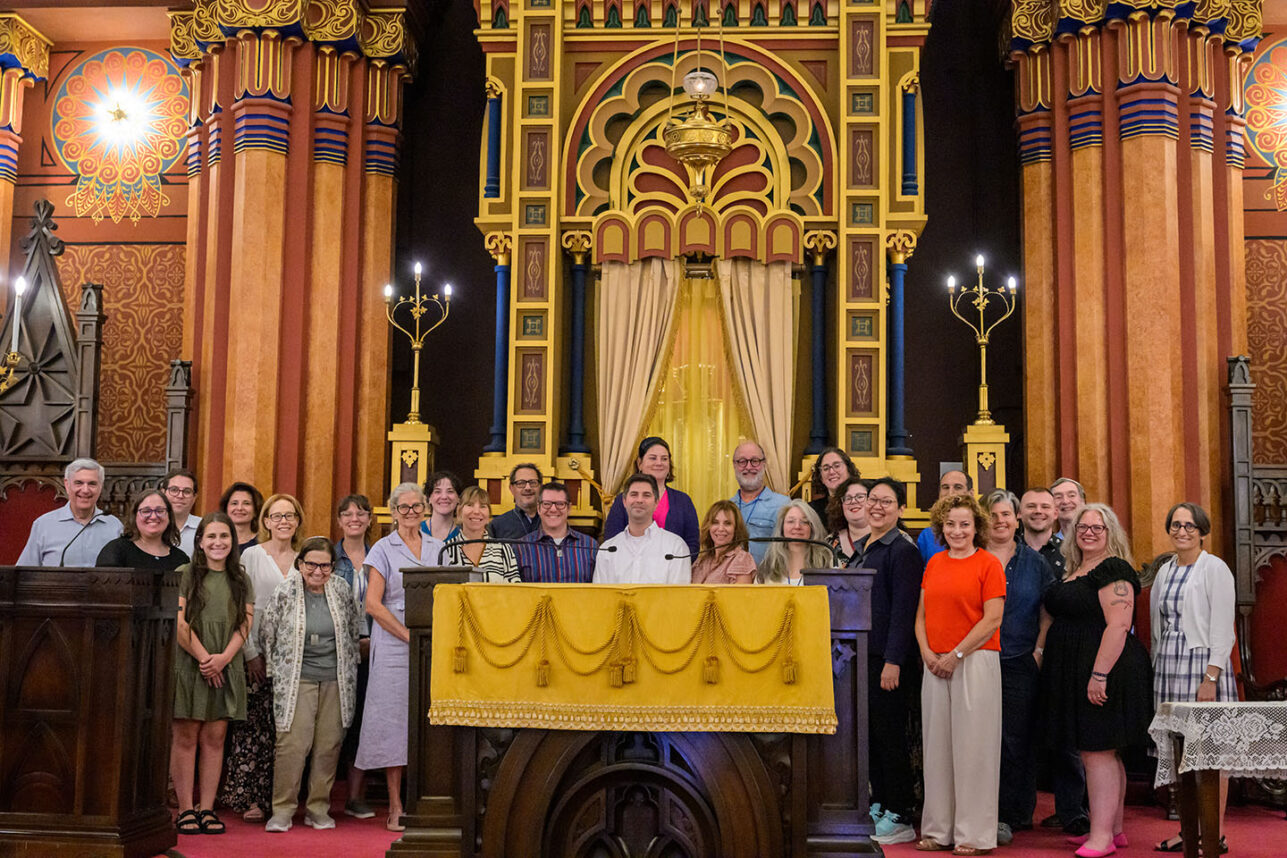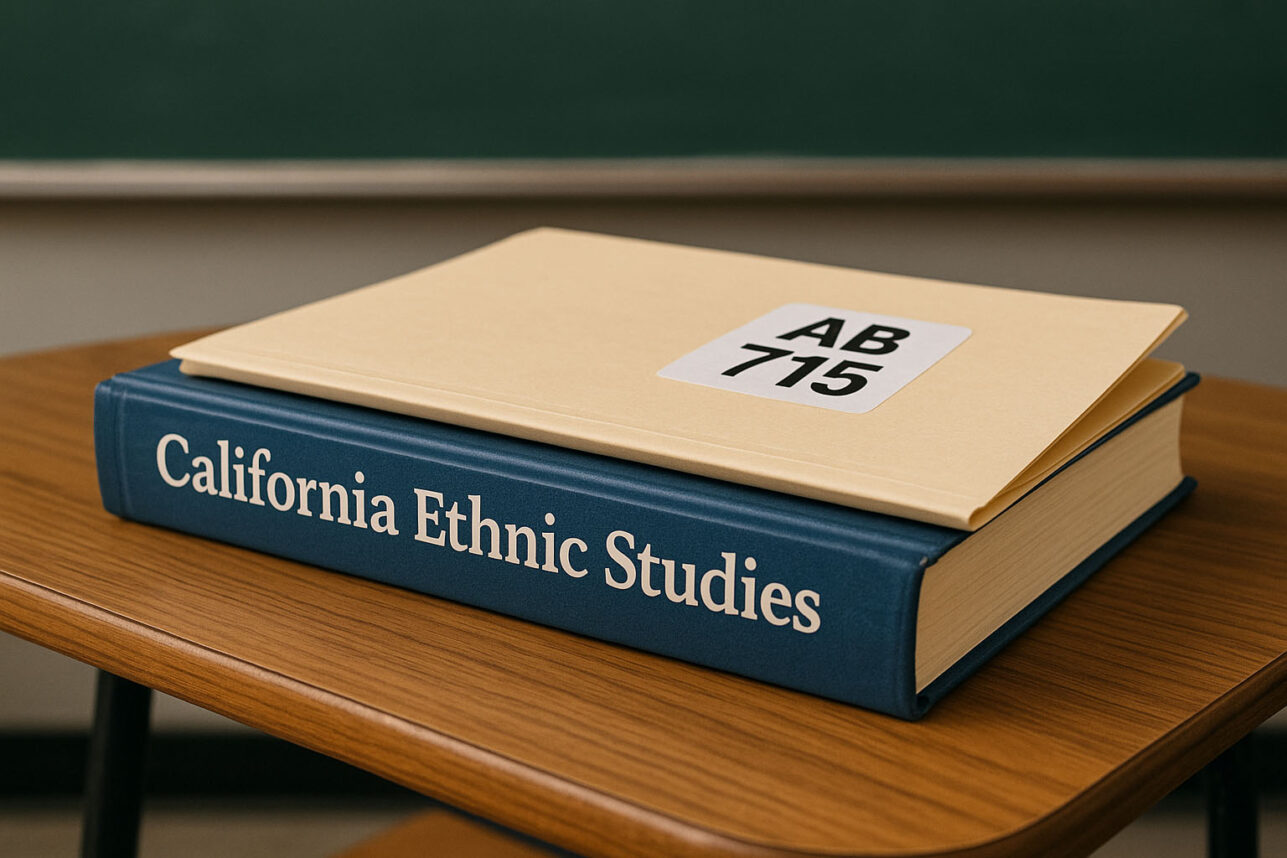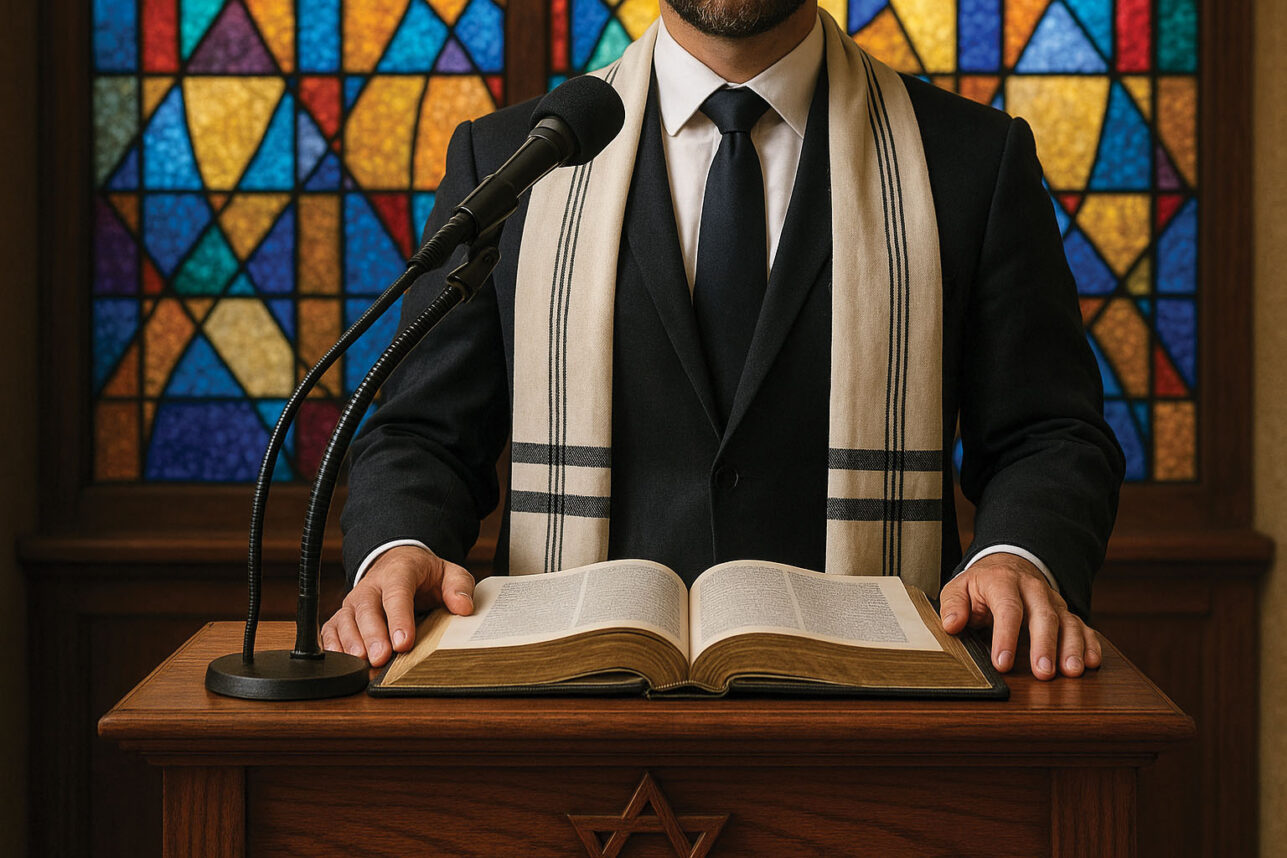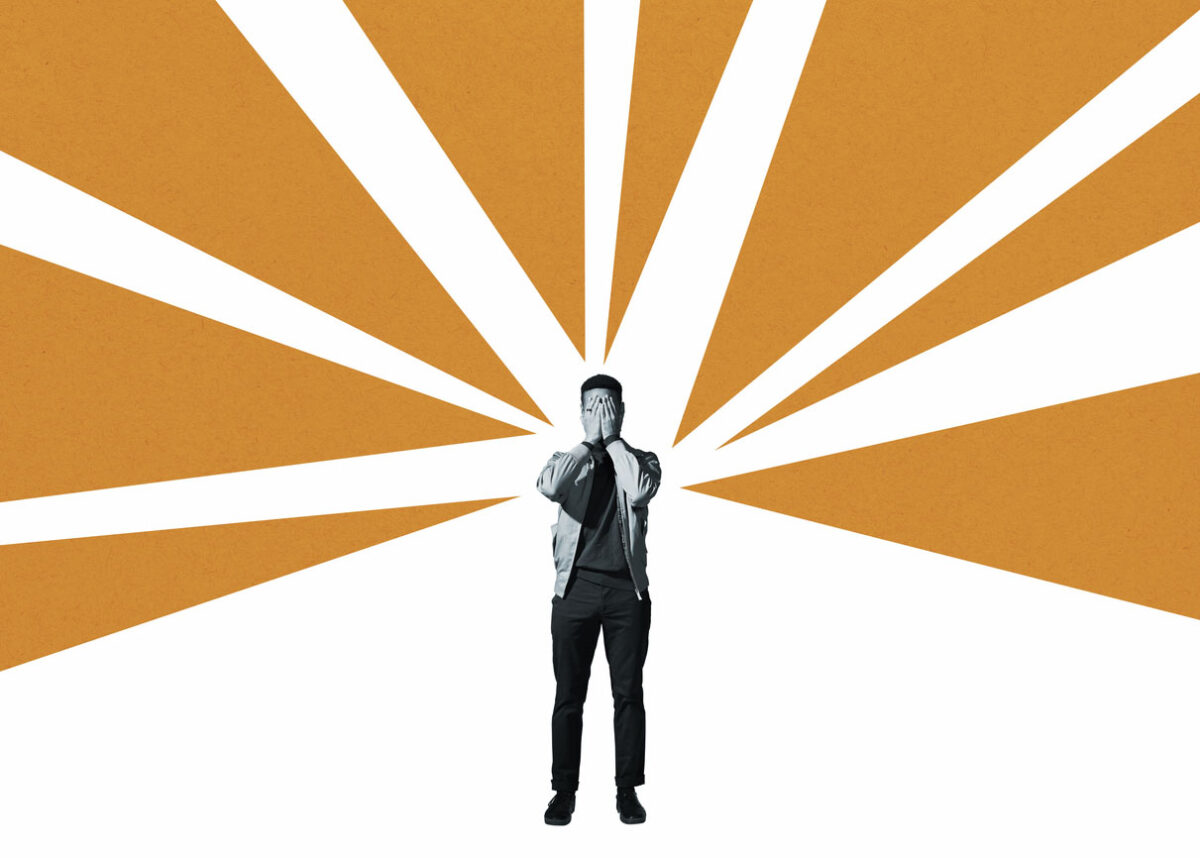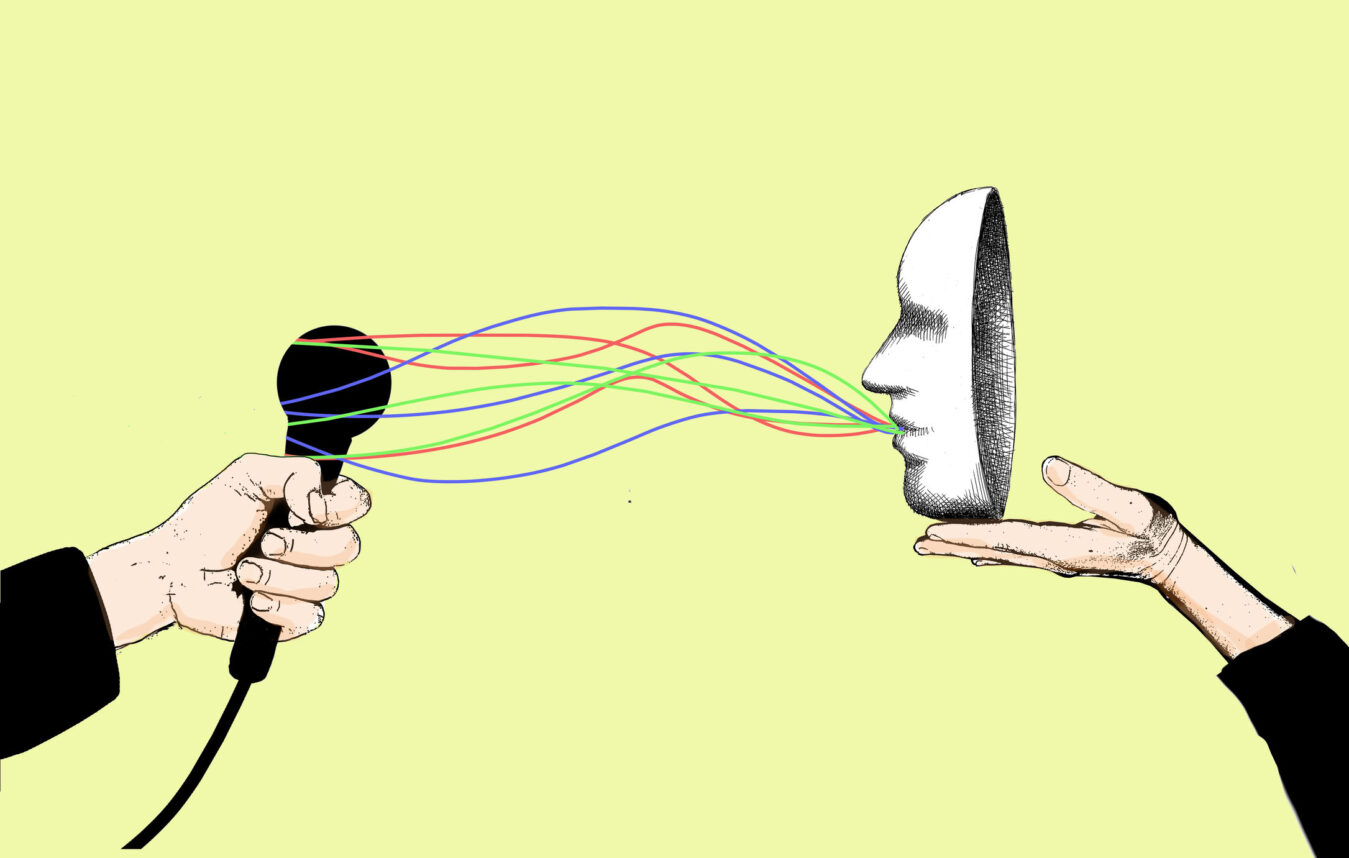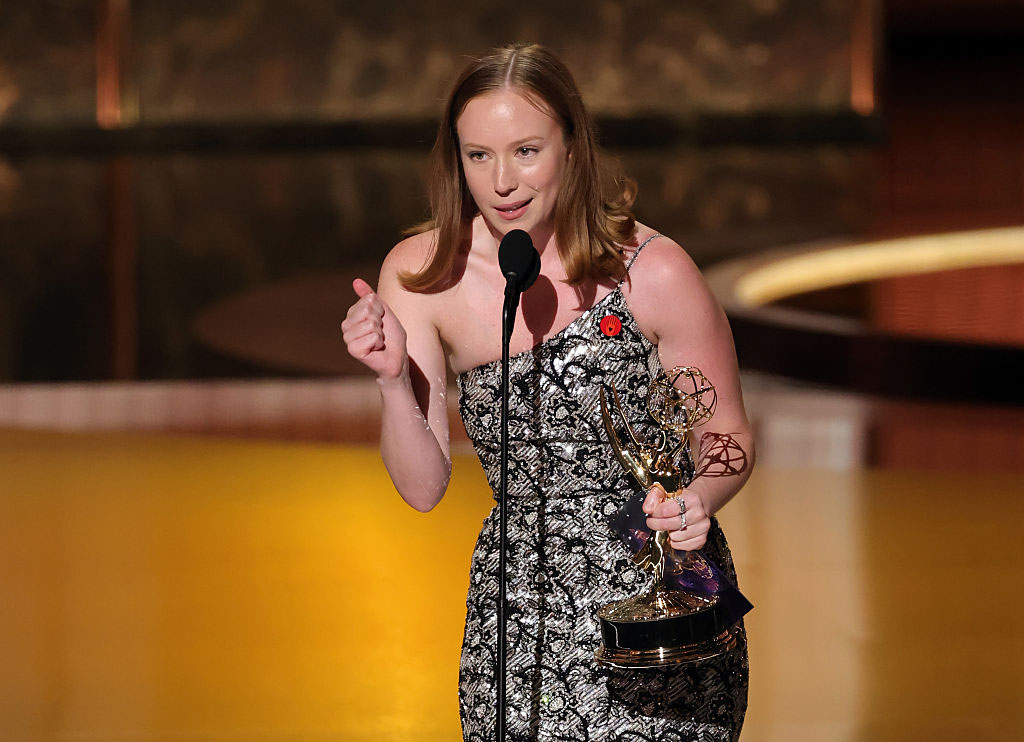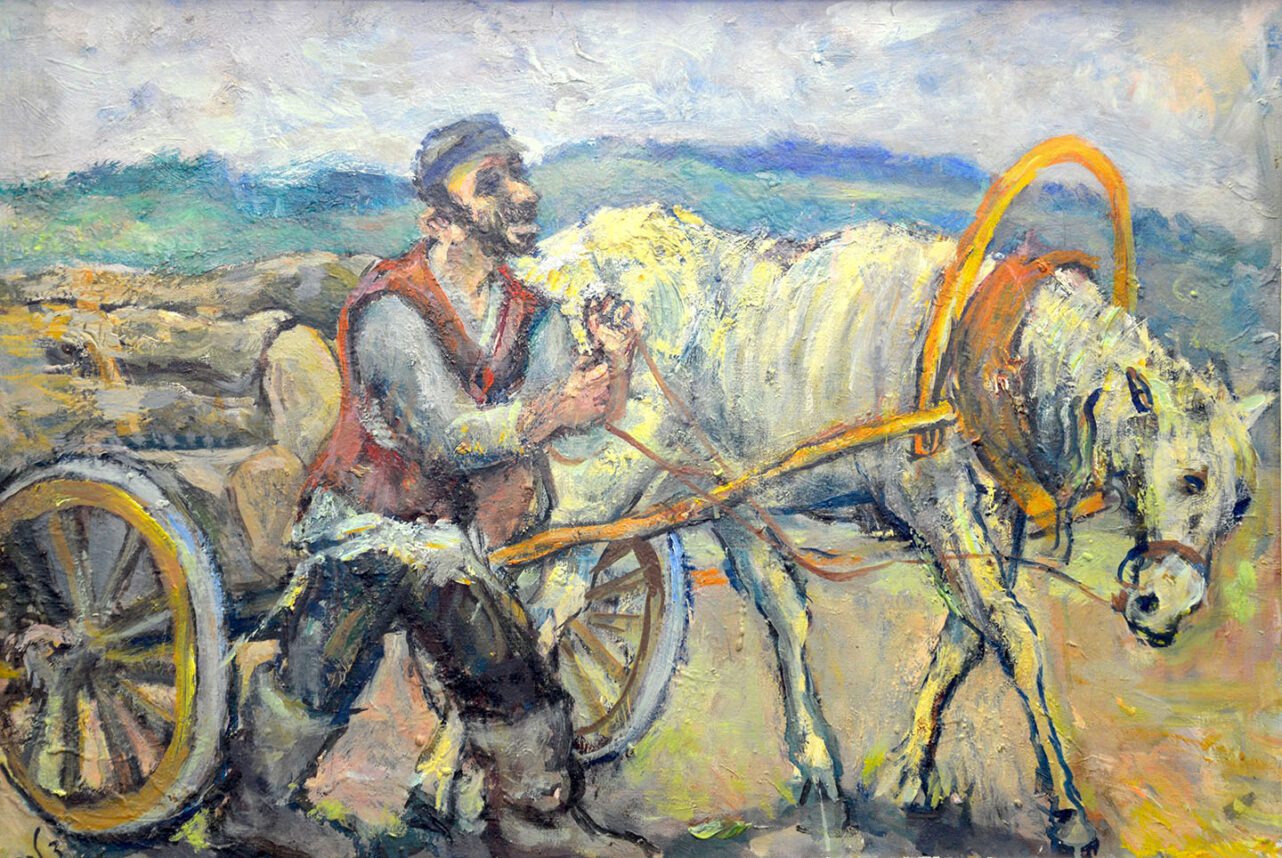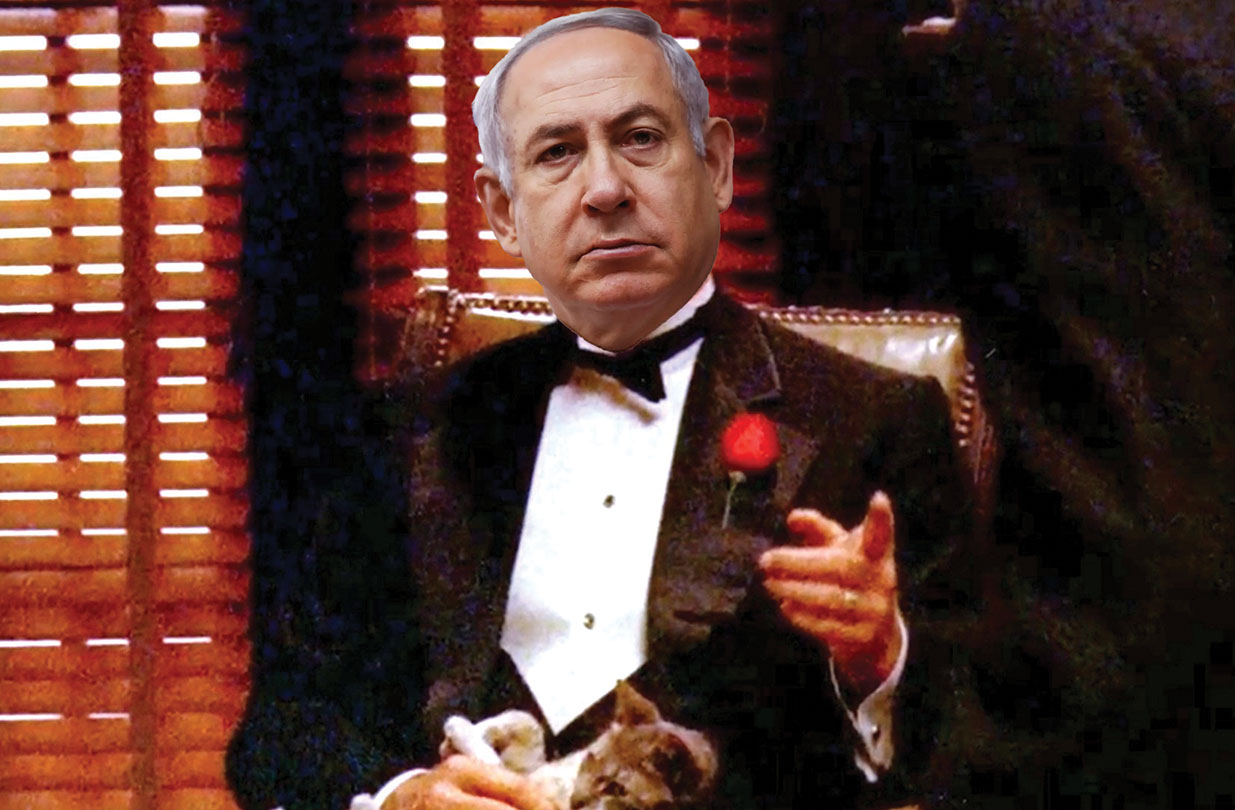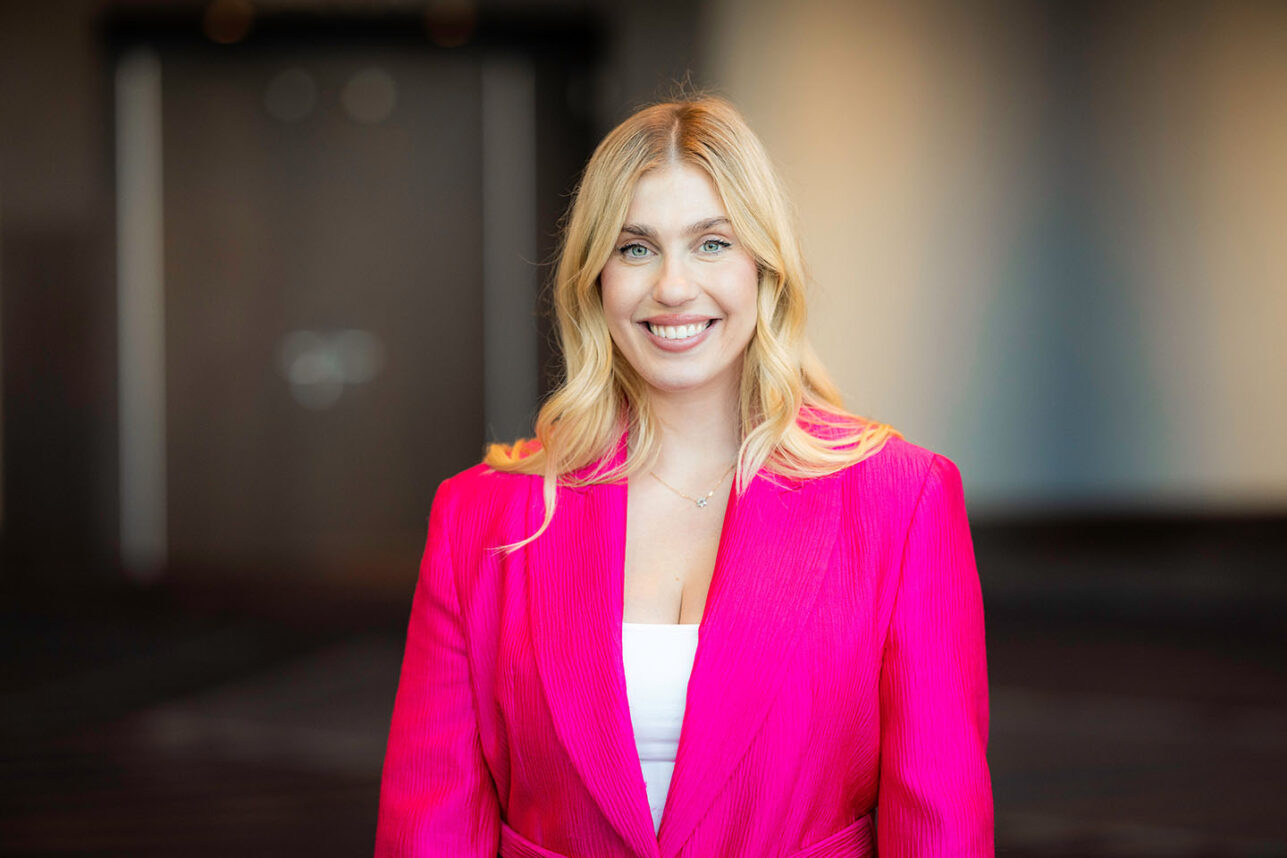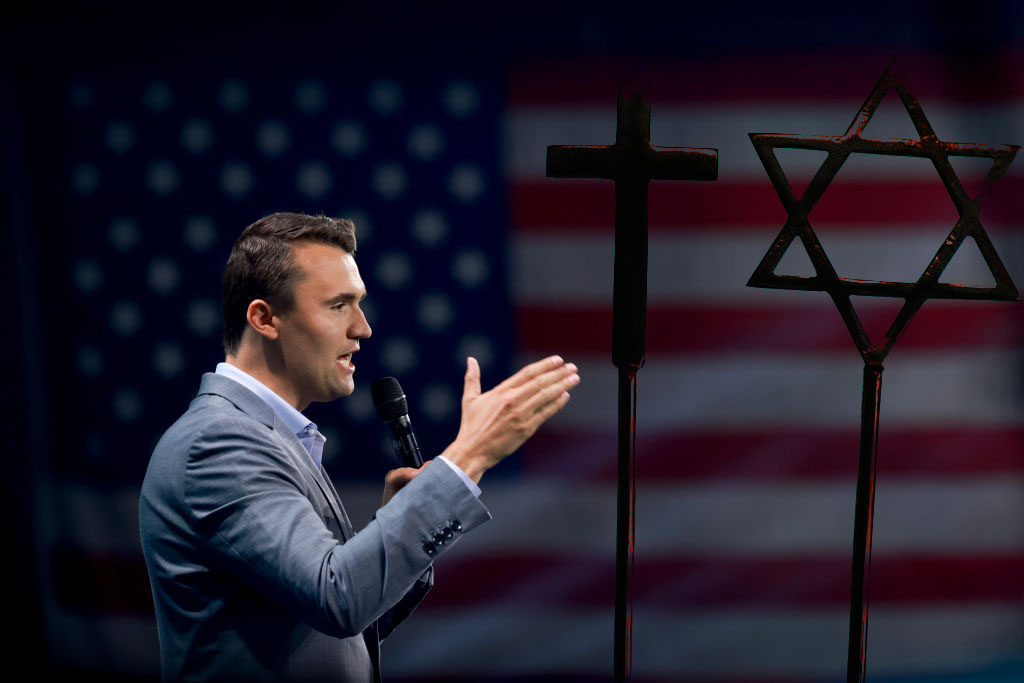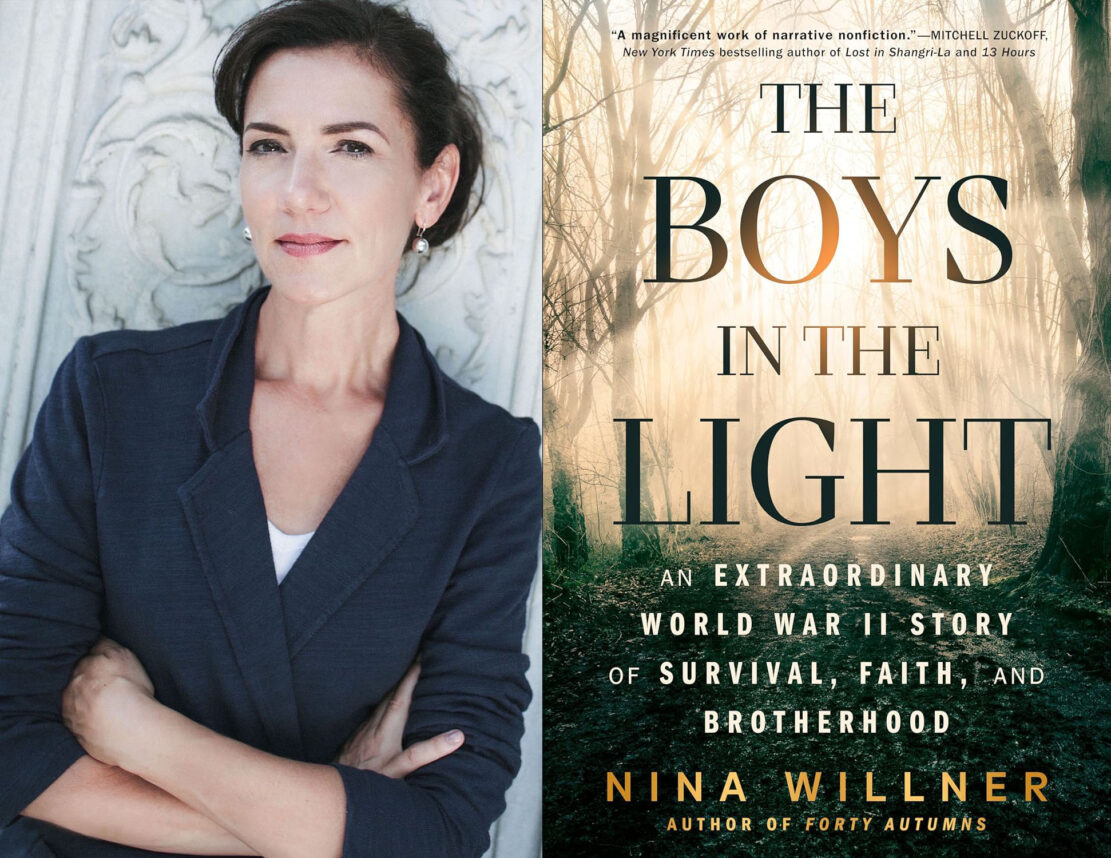In the March 19 episode of SOAPnet’s time-travel fantasy, “Being Erica,” 30-something Erica Strange (Erin Karpluk) is zapped back to the day of her bat mitzvah, shocked to find her grownup brain inside her 13-year-old body as she recites her haftarah portion, which she barely remembers. With help from the rabbi, she completes her parsha, and at her reception tells off the boy who calls her a “Jew-ser” (that’s “Jew” plus “loser”), because he regards her “Dirty Dancing” theme as déclassé.
Erica is less feisty when her mother gushes about her expectations for Erica’s future, which include marrying, having kids and becoming a high-powered attorney by the age of 30, a milestone the adult Erica has already passed.
“What if in my 30s I’m still single, living in a one-bedroom apartment and working as someone’s assistant?” Erica asks her mother.
“Stop thinking such terrible thoughts,” her mother replies.
“Being Erica” is the latest TV series to address the kind of single-gal questions posed by zeitgeist-meters, such as “Sex and the City” — minus the Manolos and the Cosmos — in a manner that is part “Bridget Jones,” part “Back to the Future.”
In the series pilot, Erica is dumped by a dentist and fired from her dead-end job on the same day, then meets a mysterious “therapist” who allows her to go back in time to her worst moments to fix her mistakes and thereby alter the course of her life. In what may be the most overtly Jewish show currently on TV, Erica not only revisits her bat mitzvah but also returns to the Yom Kippur when her father, a hippie-turned-rabbi, tries to preempt a scandal at his synagogue.
When her boyfriend-du-jour wishes her “Happy New Year” in the Yom Kippur episode, she cheerily informs him: “Wrong holiday.” Other disastrous incidents revisited include Erica’s vodka-infused high school prom and the day she lost her virginity to a creep.
Originally created for Canadian television, the show has mostly gleaned glowing reviews and is the brainchild of writer-producer Jana Sinyor, who, like Erica, is a highly educated, Jewish, 32-year-old resident of Toronto. Although she is now married with two children, there was a time, after she graduated from McGill University with a degree in Old and New Testament studies, when Sinyor shared Erica’s confusion and despondency.
“I was in such a bad place, just desperately unhappy,” she recalled in a phone interview from Toronto, sounding as whimsical (if more soft-spoken) than her character.
“I had no marketable skills, so I took a call-center job at an insurance company, which is the position that Erica has at the beginning of the series. I would sit at my cubicle desk and make little hats out of cardboard, because I had no creative outlet.”
After taking a class in screenwriting, Sinyor discovered a talent for television work and in 2004 created a half-hour teen show called, “Dark Oracle,” which also involved time travel.
“As a kid, I had been obsessed with the ‘Narnia’ books and was devastated to learn that you couldn’t actually go through the wardrobe,” she explained of her love for the fantasy genre. “I’m also fascinated by the concept of time and the fact that it is so linear — because it just feels like you should be able to go backwards and forwards. I can’t quite accept the fact that I have to live things out in one take.”
“Being Erica” also focuses upon more real-world concerns: “Several years ago, I noticed that many of my beautiful, funny, talented friends were feeling stressed because they hadn’t found ‘the guy’ or ‘the career,’” she said. “There was this mass anxiety that if you hadn’t achieved certain things by a certain age, you’re failing. And that was the spark that generated the character of Erica.”
Sinyor made Erica Jewish because, “it’s easier to write in a voice that’s familiar to me,” she said. “I don’t share Erica’s life at all, but I understand exactly who she is, because I know her world and what it is like to have that Jewish family dynamic — that way of being very direct.”
The character is, in fact, so organically immersed in her heritage that actress Karpluk, who was raised in a non-Jewish home in rural Alberta, spent hours interviewing Jewish subjects to prepare for the role.
“I was terrified of appearing inauthentic,” she said over lunch in Los Angeles recently. “I share Jana’s belief that the more specific a character, the more relatable she is.”
Perhaps there is another reason for Erica’s universal appeal, as well. Sinyor said she studied religion in college because “I believe these biblical stories are the archetypes that have seeped into every aspect of our culture.
“You could say that Erica is lost in the wilderness, and we’ve all been there at some point in our lives.”
The show airs Thursdays at 10 p.m.









